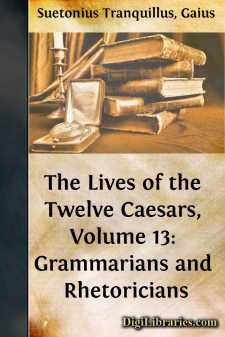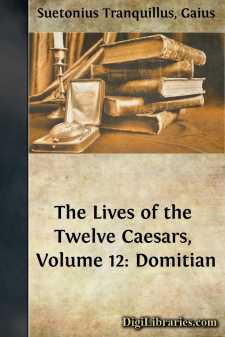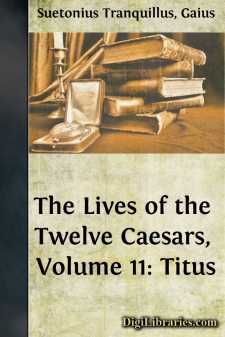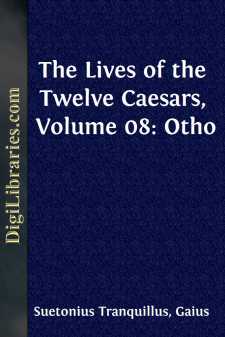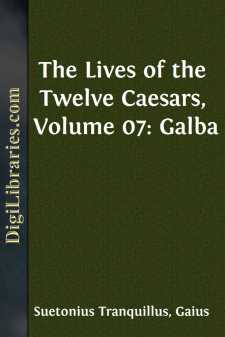Fiction
- Action & Adventure 180
- Biographical 15
- Christian 59
- Classics
- Coming of Age 5
- Contemporary Women 3
- Erotica 8
- Espionage/Intrigue 12
- Fairy Tales, Folklore & Mythology 236
- Family Life 169
- Fantasy 117
- Gay 1
- General 596
- Ghost 32
- Historical 808
- Horror 43
- Humorous 160
- Jewish 25
- Legal 4
- Medical 22
- Mystery & Detective 315
- Political 49
- Psychological 41
- Religious 64
- Romance 159
- Sagas 11
- Science Fiction 730
- Sea Stories 113
- Short Stories (single author) 537
- Sports 10
- Suspense 1
- Technological 8
- Thrillers 2
- Urban Life 31
- Visionary & Metaphysical 1
- War & Military 173
- Westerns 199
Classics Books
Sort by:
by:
Andy Adams
CHAPTER I UP THE TRAIL Just why my father moved, at the close of the civil war, from Georgia to Texas, is to this good hour a mystery to me. While we did not exactly belong to the poor whites, we classed with them in poverty, being renters; but I am inclined to think my parents were intellectually superior to that common type of the South. Both were foreign born, my mother being Scotch and my father a...
more...
by:
James De Mille
CHAPTER I. A TERRIBLE SECRET. On a pleasant evening in the month of May, 1840, a group of young ladies might have been seen on the portico of Plympton Terrace, a fashionable boarding-school near Derwentwater. They all moved about with those effusive demonstrations so characteristic of young girls; but on this occasion there was a general hush among them, which evidently arose from some unusual cause....
more...
THE LIFE OF TERENCE. Publius Terentius Afer, a native of Carthage, was a slave, at Rome, of the senator Terentius Lucanus, who, struck by his abilities and handsome person, gave him not only a liberal education in his youth, but his freedom when he arrived at years of maturity. Some say that he was a captive taken in war, but this, as Fenestella [925] informs us, could by no means have been the case,...
more...
LIVES OF EMINENT GRAMMARIANS (506) I. The science of grammar [842] was in ancient times far from being in vogue at Rome; indeed, it was of little use in a rude state of society, when the people were engaged in constant wars, and had not much time to bestow on the cultivation of the liberal arts [843]. At the outset, its pretensions were very slender, for the earliest men of learning, who were both...
more...
TITUS FLAVIUS DOMITIANUS. (479) I. Domitian was born upon the ninth of the calends of November [24th October] [795], when his father was consul elect, (being to enter upon his office the month following,) in the sixth region of the city, at the Pomegranate [796], in the house which he afterwards converted into a temple of the Flavian family. He is said to have spent the time of his youth in so much...
more...
TITUS FLAVIUS VESPASIANUS AUGUSTUS. (465) I. Titus, who had the same cognomen with his father, was the darling and delight of mankind; so much did the natural genius, address, or good fortune he possessed tend to conciliate the favour of all. This was, indeed, extremely difficult, after he became emperor, as before that time, and even during the reign of his father, he lay under public odium and...
more...
T. FLAVIUS VESPASIANUS AUGUSTUS. (441) I. The empire, which had been long thrown into a disturbed and unsetted state, by the rebellion and violent death of its three last rulers, was at length restored to peace and security by the Flavian family, whose descent was indeed obscure, and which boasted no ancestral honours; but the public had no cause to regret its elevation; though it is acknowledged that...
more...
AULUS VITELLIUS. (427) I. Very different accounts are given of the origin of the Vitellian family. Some describe it as ancient and noble, others as recent and obscure, nay, extremely mean. I am inclined to think, that these several representations have been made by the flatterers and detractors of Vitellius, after he became emperor, unless the fortunes of the family varied before. There is extant a...
more...
A. SALVIUS OTHO. (416) I. The ancestors of Otho were originally of the town of Ferentum, of an ancient and honourable family, and, indeed, one of the most considerable in Etruria. His grandfather, M. Salvius Otho (whose father was a Roman knight, but his mother of mean extraction, for it is not certain whether she was free-born), by the favour of Livia Augusta, in whose house he had his education, was...
more...
SERGIUS SULPICIUS GALBA. (400) I. The race of the Caesars became extinct in Nero; an event prognosticated by various signs, two of which were particularly significant. Formerly, when Livia, after her marriage with Augustus, was making a visit to her villa at Veii [639], an eagle flying by, let drop upon her lap a hen, with a sprig of laurel in her mouth, just as she had seized it. Livia gave orders to...
more...





